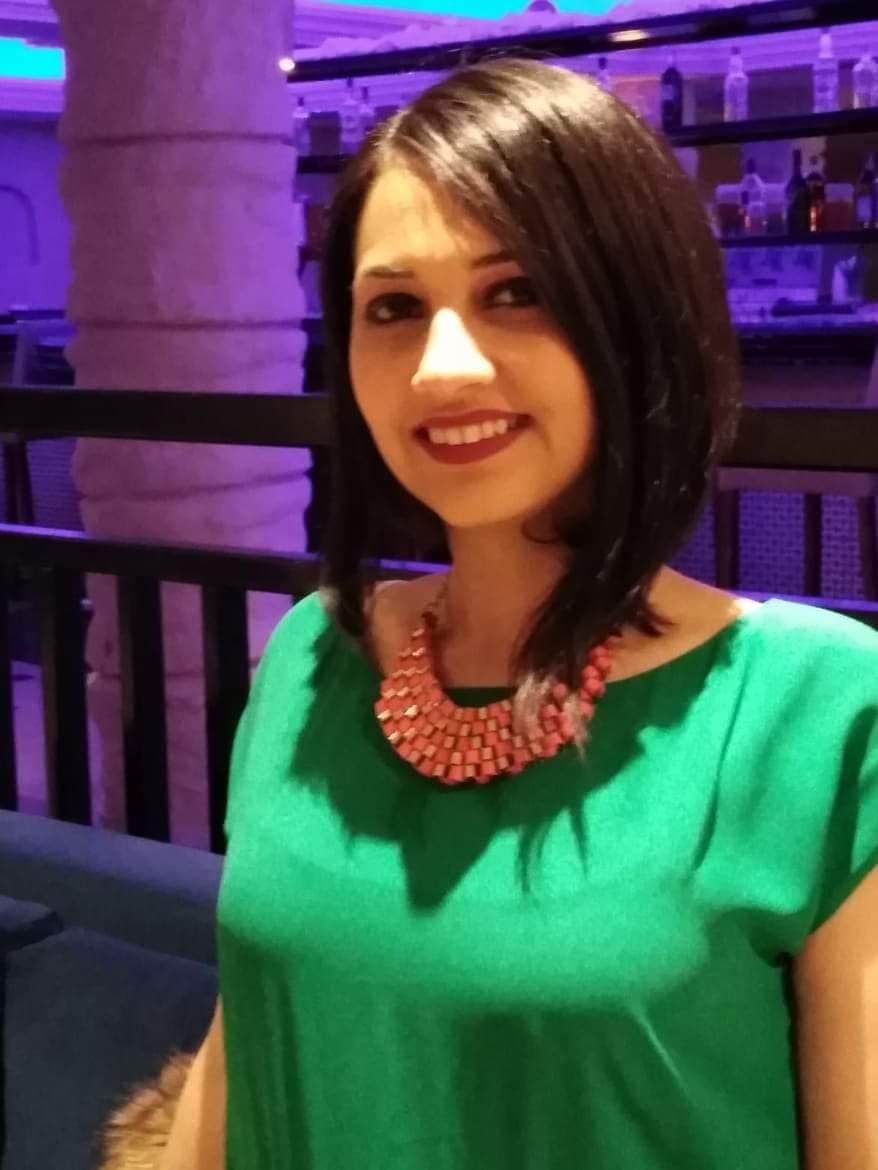FlexNGIA International Testbed
The FlexNGIA International Testbed is a worldwide network designed for deploying and experimenting with FlexNGIA technologies, immersive communications, and XR applications:
It is composed of 22 FlexNGIA nodes (Phase 1). The nodes are installed in the partner universities and are currently connected through traditional ISP networks.
Nodes are being currently deployed 7 countries:
13 nodes in Tunisian universities
9 nodes in universities from Canada, Brazil, France, Belgium and Spain
Maintained by the FlexNGIA Team (see below team leads)
Universities worldwide are invited to join the FlexNGIA initiative by building a node and involving their research teams in this pioneering initiative, please contact the management team for more information.
What is a FlexNGIA node?
A FlexNGIA node is a vital component in the Flexible Next-Generation Internet Architecture (FlexNGIA). Its role and key features include:
Core Components: The node integrates IoT and XR devices, virtualized servers, and fully programmable hardware, forming the foundation of the FlexNGIA infrastructure.
Network Function Deployment and Data Processing: Equipped with programmable computing resources and ML/AI units, the node handles real-time data analysis, decision-making, and the deployment of network functions. These functions are tailored to support applications running on the FlexNGIA architecture.
Networking: Acting as a central hub for data exchange, the node manages network traffic, ensuring secure and efficient communication. It also facilitates access to the FlexNGIA testbed, enabling seamless connectivity between devices.
Support for Immersive Applications: The node is optimized for processing data from VR/AR and haptic devices, enabling low-latency, high-fidelity interactions essential for immersive experiences.
FlexNGIA Testbed Team Leads
-

Tunisia
-

Mohamed Faten Zhani
FlexNGIA, Tunisia
-

Rym Regaieg
Sofia Technologies, Tunisia
-
-
-

Canada
-

Raouf Boutaba
University of Waterloo, Canada
-
-
-
-

Brazil
-

Lisandro Granville
Federal University of Rio Grande do Sul, Porto Alegre, Brazil
-

Luciano Gaspary
Federal University of Rio Grande do Sul, Porto Alegre, Brazil
-

Weverton Cordeiro
Federal University of Rio Grande do Sul, Porto Alegre, Brazil
-
-

Belgium
-

Filip De Turck
IDLab, Ghent University, Belgium
-

Tim Wauters
IDLab, Ghent University, Belgium
-

Maria Torres Vega
IDLab, Ghent University, Belgium
-

José Santos
IDLab, Ghent University, Belgium
-

France
-

Nadjib AIT Saadi
Université Paris-Saclay, France
-
-
-
-

Spain
-

Jaime Galán-Jiménez
Universidad de Extremadura, Spain
-
-
-
-

Portugal
-
Coming Soon!
-


